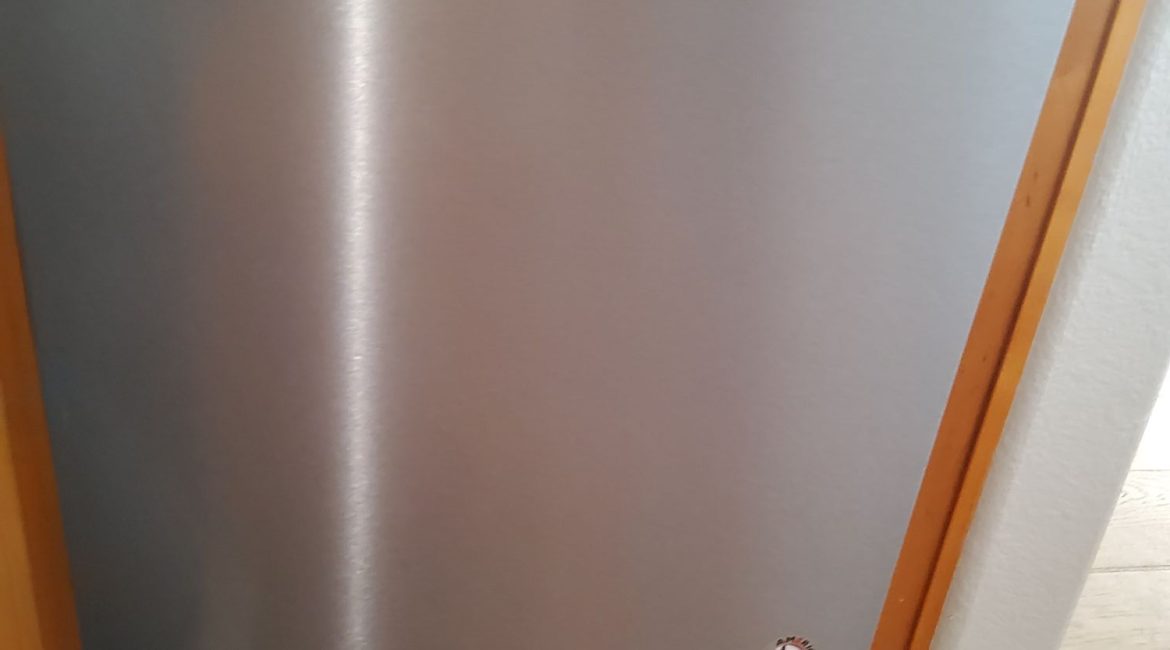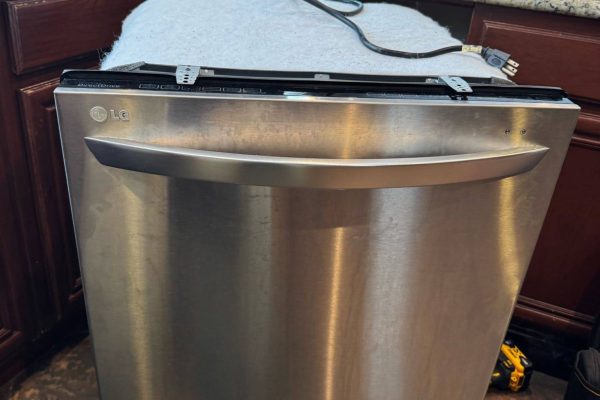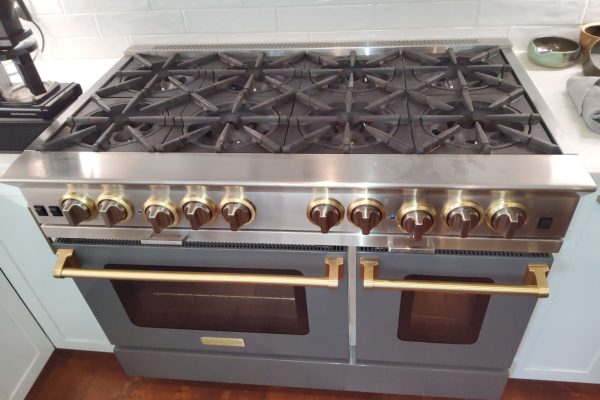A dishwasher that runs a full cycle but leaves dishes dirty and the detergent untouched can be a frustrating experience. When your appliance doesn’t dispense detergent properly, the problem often lies in one of two places: a faulty detergent dispenser or a malfunctioning control board. Both components play crucial roles in the cleaning process, and when either fails, your dishwasher cannot perform at its best. Let’s take a closer look at what might be causing this issue, how to identify the problem, and when to seek professional repair.
Understanding How the Detergent System Works
The detergent dispenser in your dishwasher is responsible for releasing detergent at the right stage of the wash cycle. It’s usually located on the inside of the door and includes a spring-loaded compartment that opens when signaled by the control board. The control board manages the timing, ensuring detergent is dispensed once water has reached the proper temperature and pressure.
When this process fails, detergent either remains stuck in the dispenser or doesn’t dissolve properly in the wash. This results in dishes that are still greasy or covered with residue.
Common Causes of a Dishwasher Not Taking Detergent
- Faulty Detergent Dispenser
The detergent dispenser may be physically damaged or jammed. Over time, detergent residue and hard water buildup can cause the latch or spring mechanism to stick. If the dispenser door doesn’t open during the wash cycle, detergent will remain inside.- Check for visible residue or damage on the dispenser door.
- Clean the compartment thoroughly to remove hardened detergent or debris.
- Ensure the latch moves freely without resistance.
- Check for visible residue or damage on the dispenser door.
- If the dispenser mechanism fails to operate even after cleaning, the internal components or solenoid may be defective and require replacement.
- Defective Control Board
The dishwasher’s control board acts as the brain of the appliance, managing all electrical operations, including when to release detergent. A malfunctioning control board might fail to send the signal to open the dispenser at the right time—or at all.- If the dispenser works mechanically but doesn’t open during a wash cycle, this could indicate an electrical issue.
- Other symptoms of control board failure may include cycles stopping unexpectedly, buttons not responding, or the dishwasher not starting.
- Diagnosing and repairing control board problems require expertise, as improper handling can lead to further damage or electrical hazards.
- Clogged or Obstructed Dispenser Door
Sometimes, the problem is simpler than it seems. Large dishes, pans, or utensils placed in front of the detergent compartment can block the dispenser door from opening. When the door can’t swing open freely, detergent stays trapped.- Always check that items are not placed too close to the dispenser.
- Load the dishwasher so that spray arms and detergent compartments remain unobstructed.
- Always check that items are not placed too close to the dispenser.
- Water Temperature and Pressure Issues
Detergent dissolves properly only when the water is hot enough—typically around 120°F (49°C). If the water temperature is too low, detergent may not release or dissolve correctly.- Run the hot water in your sink before starting the dishwasher to ensure hot water enters immediately.
- Inspect your water heater settings to ensure they are adequate for dishwasher use.
- Run the hot water in your sink before starting the dishwasher to ensure hot water enters immediately.
- Low water pressure can also affect the spray arms and detergent distribution, reducing cleaning performance.
- Using the Wrong Type of Detergent
Always use detergent designed specifically for dishwashers. Liquid dish soap or incompatible tablets can leave residue and clog the dispenser. If you suspect buildup, clean the dispenser with warm water and a soft brush.
Diagnosing the Issue
Before jumping to repairs, run a few checks:
- Observe whether the dispenser door opens during the cycle (you can interrupt the wash to check).
- Examine for residue buildup or signs of corrosion.
- Test whether detergent tablets dissolve partially, which could indicate water flow or temperature issues.
If none of these steps resolve the problem, the fault likely lies within the dispenser assembly or the control board—both of which are best handled by a professional technician.
Why Professional Diagnosis Matters
While it may be tempting to try DIY repairs, dishwashers are complex machines with intricate electrical systems. Attempting to replace a control board or disassemble the dispenser without proper tools or training can cause more harm than good. Professionals have diagnostic tools to identify whether the issue stems from mechanical failure, electrical malfunction, or both.
Preventing Future Problems
- Regularly clean the detergent compartment and door seals.
- Use high-quality detergent recommended for your dishwasher model.
- Avoid overloading the dishwasher and blocking the dispenser.
- Schedule routine maintenance to ensure all electrical and mechanical parts function properly.
By addressing issues promptly and maintaining your appliance, you can extend its lifespan and ensure it continues delivering spotless results.
When to Call the Experts
If your dishwasher consistently fails to dispense detergent even after cleaning and checking for obstructions, it’s time to bring in the professionals. Whether the problem is a faulty detergent dispenser or a control board issue, expert technicians can quickly diagnose and repair it, restoring your dishwasher’s efficiency.
Contact Oceanside Appliance Service Center for reliable, same-day dishwasher repair. Our experienced specialists handle all types of malfunctions—from dispenser replacements to complex electrical repairs—ensuring your appliance runs like new.
Don’t let dirty dishes pile up. Call Oceanside Appliance Service Center today and enjoy a perfectly working dishwasher once again.
Contact us


